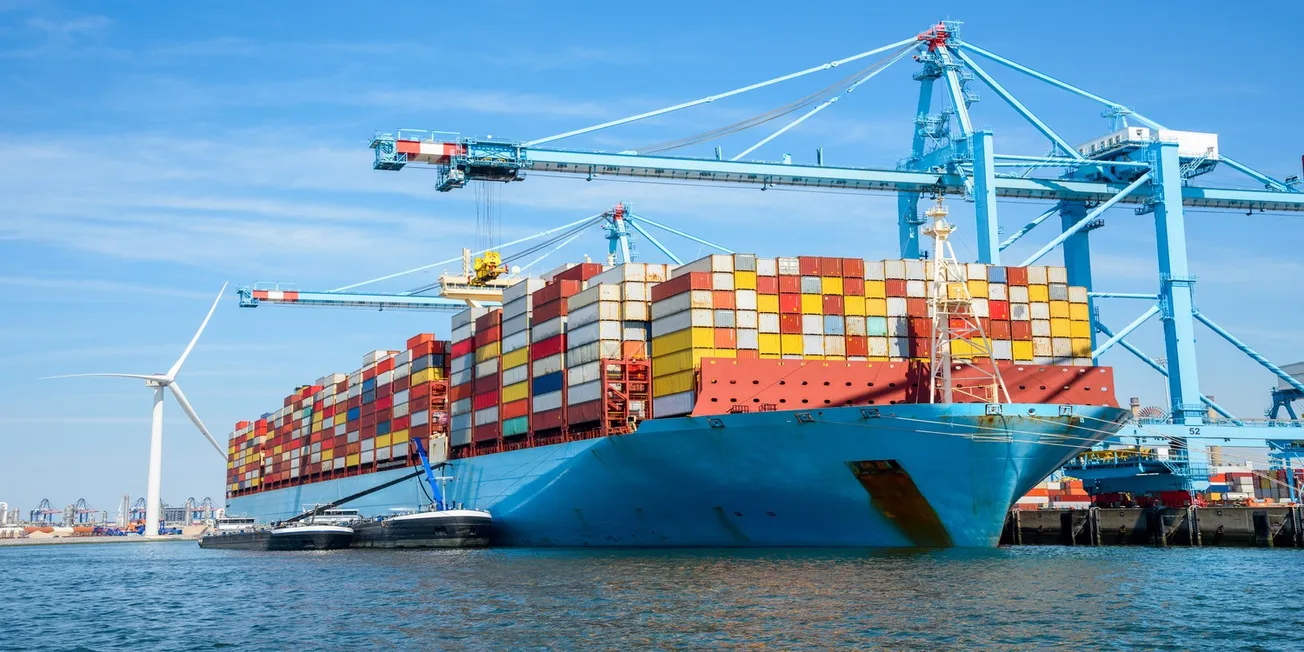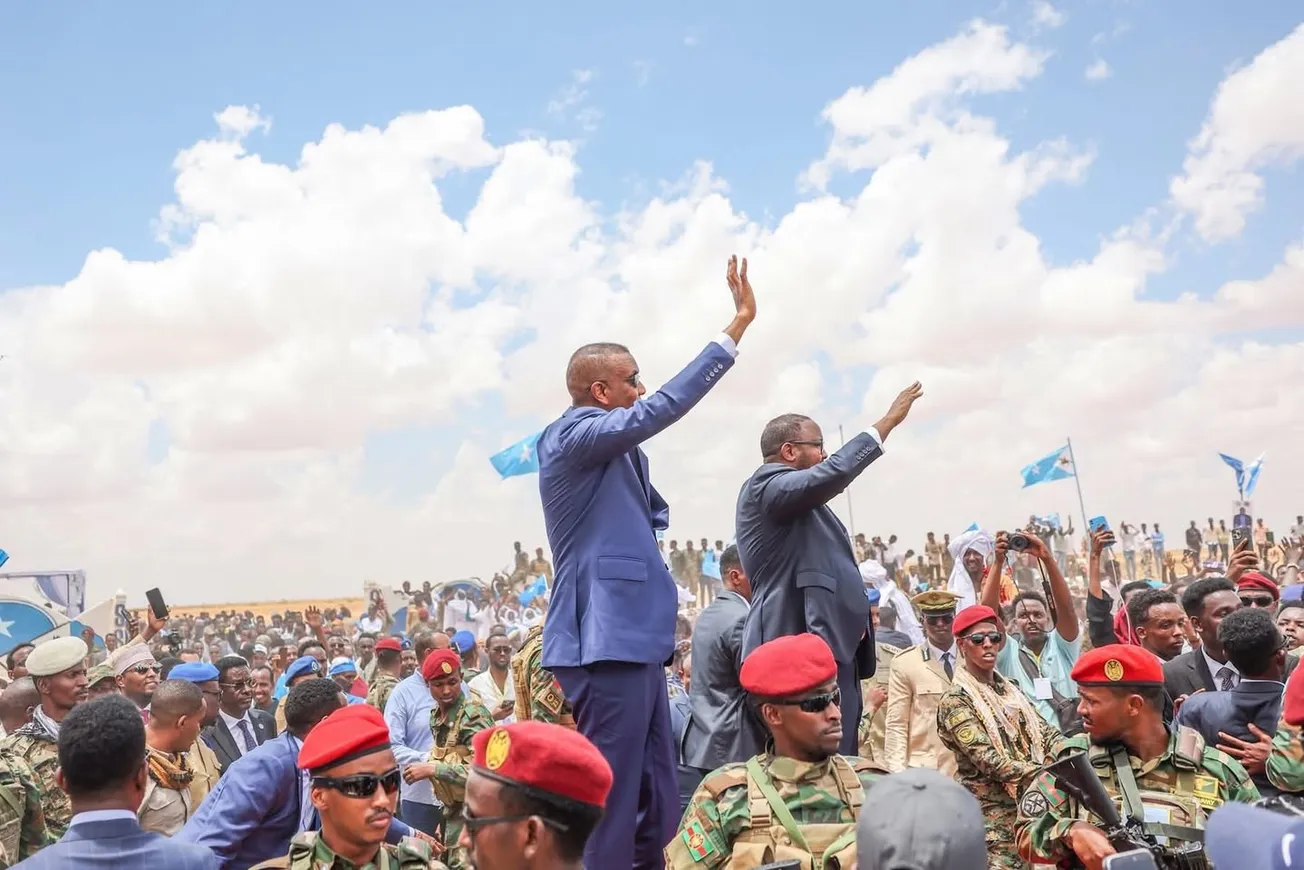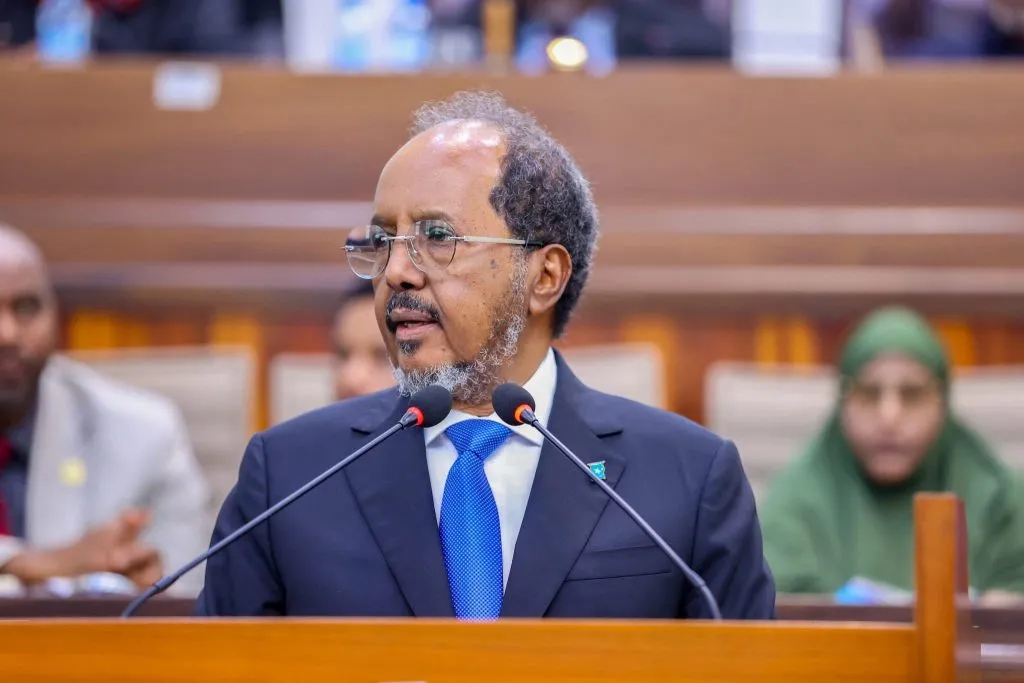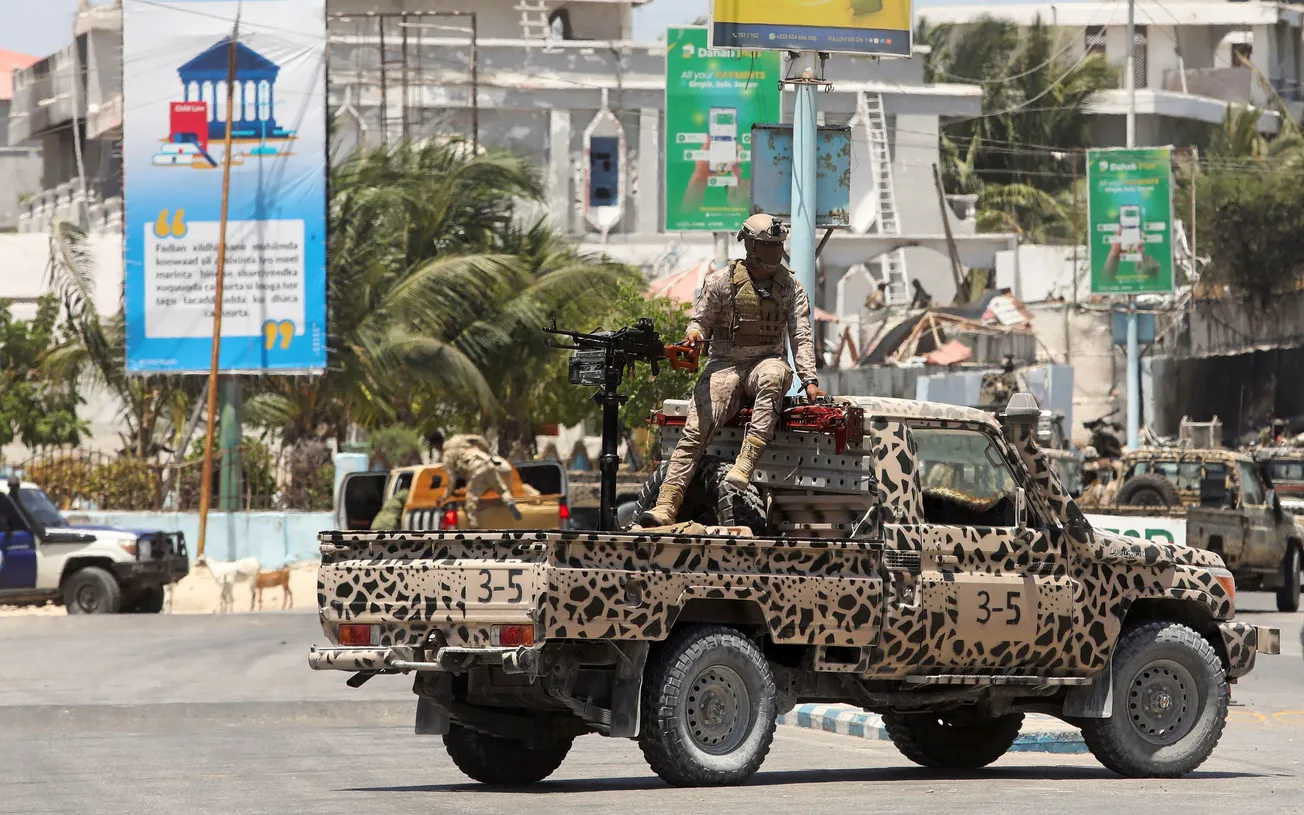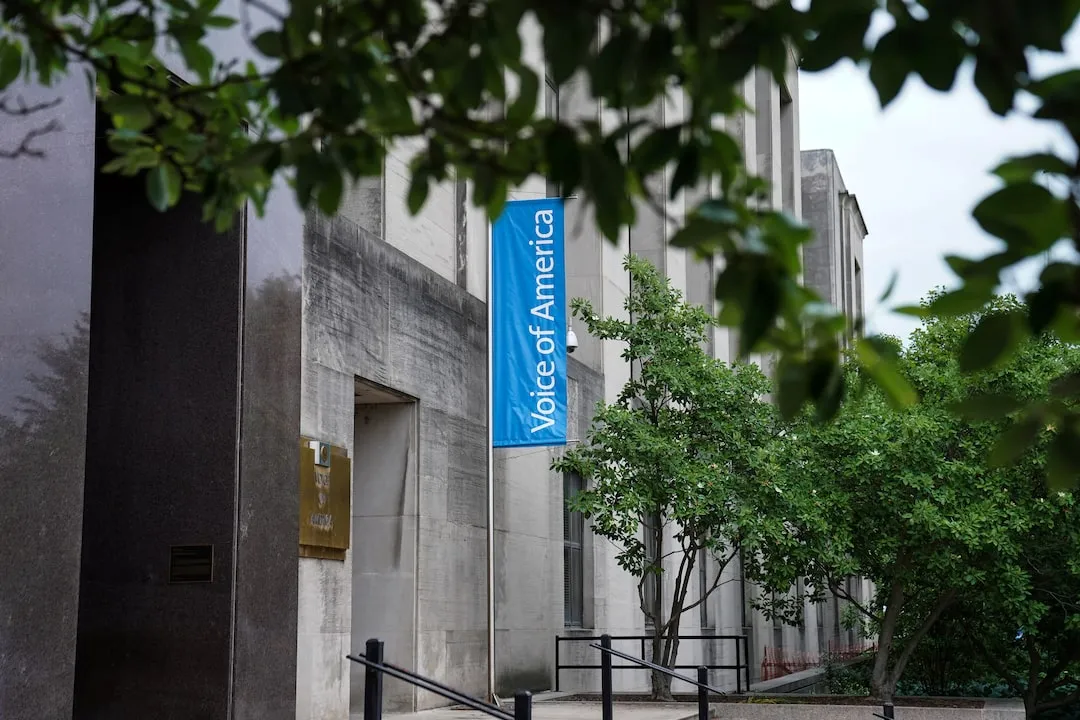Table of Contents
President Hassan Sheikh Mohamud’s recent letter offering the United States access to strategic Somali ports, including Berbera and Bosaso, was not a move of desperation or fantasy—it was a bold diplomatic gesture seeking to deepen the country’s long-standing partnership with the United States. Despite attempts by some think tanks and lobbyists to cast the letter as a sign of weakness or illegitimacy, the core message was a pragmatic one: Somalia’s internationally recognized government is ready to be a central partner in regional stability and US strategic interests.
Much of the reaction misinterpreted the offer as if President Mohamud were unaware that the Federal Government does not maintain day-to-day control over certain ports. But sovereignty is not measured by which clan patrols a given checkpoint or who manages a port under a commercial lease—it lies in the principle of international recognition, which Somalia, despite internal challenges, continues to command. It is precisely this recognition that the US and other international actors have upheld for decades, even while acknowledging Somalia’s complex internal political landscape.
Some commentators have argued that the letter “reeked of desperation,” pointing out that the government doesn’t directly control Berbera or Bosaso. But such analysis misses the bigger picture. The offer was not about current operational control—it was a reaffirmation of legal and sovereign rights over Somali territory, regardless of temporary political or security circumstances. Just as the US does not question the sovereignty of Ukraine over Crimea or Georgia over South Ossetia due to foreign occupation, it should not question Somalia’s sovereignty over its breakaway or semi-autonomous regions.
The United States understands this nuance well. Recognizing a clan-based enclave like Somaliland would set a dangerous precedent—not just in Somalia, but across Africa. Many African nations are mosaics of ethnicities and clans, and partitioning one would open the floodgates for others. The US knows better than to reward fragmentation, especially when it involves a region like Somaliland whose claim rests on clan identity rather than any viable political or economic independence.
Lobbyists and some think tanks have pushed hard to elevate Somaliland’s profile in Washington, presenting Berbera as a convenient counterterrorism hub and DP World’s presence as evidence of stability. Yet, strategic convenience should not override established principles. The US, even when tempted by security or commercial short-term benefits, has long favored dealing with recognized governments—no matter how limited their local authority might be—because the alternative leads to chaos, legal uncertainty, and potentially endless clan-based mini-state rivalries.
President Mohamud’s letter can also be read as a preemptive move against such lobbying. By extending a hand to Washington, he rightly positions the Federal Government as the gateway to cooperation in the Horn of Africa. The strategic logic is sound: instead of engaging with entities seeking recognition through transactional offers, the US can work with Somalia’s legal government to gain access while promoting regional stability and countering adversarial influence, including China and extremist groups.
Moreover, this offer signals Somalia’s willingness to shoulder greater responsibility in global affairs, even as it faces internal hurdles. It reinforces to US policymakers that Somalia, however fragile, is not giving up on state-building. It’s an invitation to the US not to abandon its investment in a unified Somalia for the mirage of short-term military utility.
Critics should also understand that the Somali Federal Government is not blind to realities on the ground. It knows where it has physical control and where it doesn’t. But the legitimacy to offer port access doesn’t rest on who currently manages the gates—it lies in the internationally accepted sovereignty of the Somali state. The US and others have maintained military cooperation with Mogadishu despite AMISOM or ATMIS providing the primary security in many areas. Somalia’s authority is a legal construct, not a battlefield calculation.
Washington policymakers, despite pressure from those with an agenda to balkanize Somalia, have generally acted with caution. The recognition of breakaway regions has never been US policy, and there is little appetite to change that now. The US did not invest years of counterterrorism, development, and diplomatic energy in Somalia just to pivot toward a clan-based microstate because it offered a naval dock.
At the heart of this debate lies the question of principle versus convenience. President Mohamud’s letter is a call for principle. It reminds the US that even a fragile ally has agency, vision, and legitimate national interests. It shows Somalia is not waiting passively to be dissected into manageable pieces for foreign actors. It is asserting its sovereignty, its relevance, and its role in a region beset by geopolitical contest.
Somalia’s future must not be written by foreign lobbyists or analysts with maps that follow clan lines. It must be written through inclusive national dialogue, constitutional order, and international partnerships that reinforce, not erode, statehood. And in that story, the US remains an indispensable partner—not in spite of Somalia’s difficulties, but precisely because of them.


